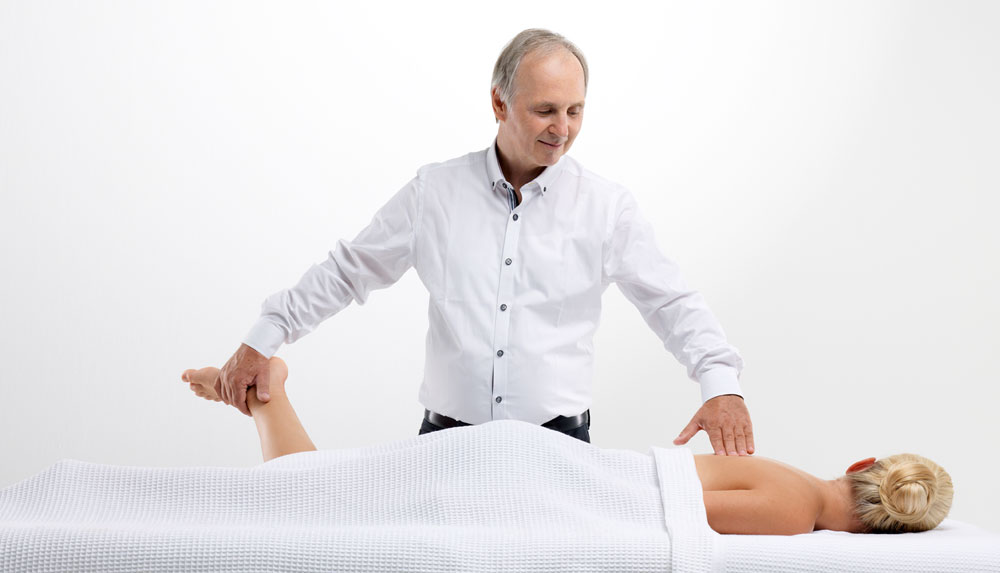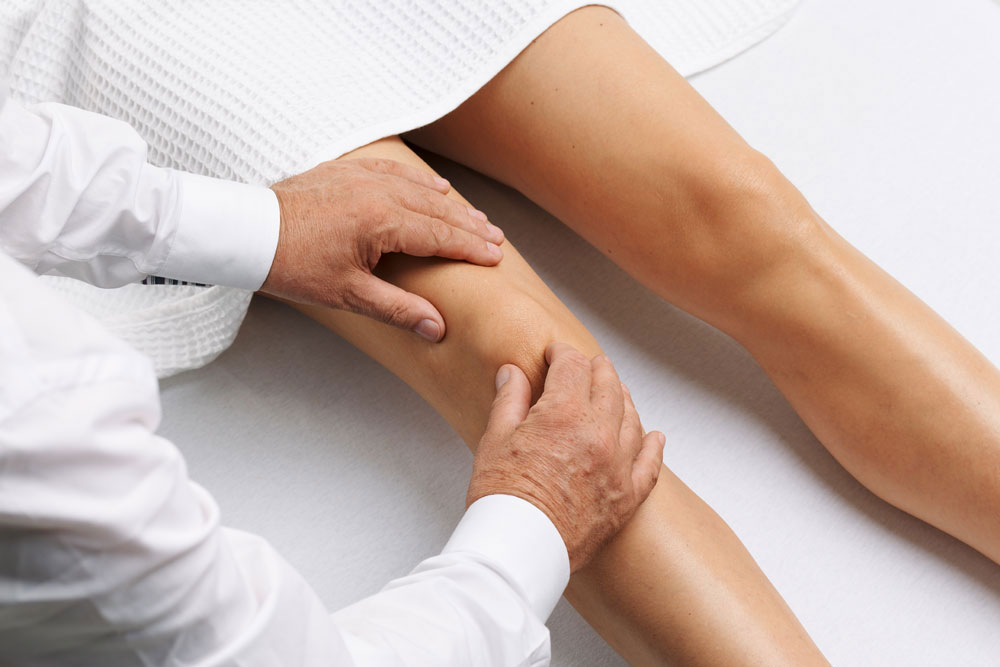The Original Bowen Technique (also known as Bowtech and Bowenwork) is a dynamic system of muscle and connective tissue therapy that was developed by the late Tom Bowen in Geelong, Australia. Sometimes called the homeopathy of bodywork, it utilizes subtle inputs to the body (known as moves), stimulating the body to heal itself, often profoundly
The Bowen Technique offers tremendous benefit to clients with very little effort on the part of the practitioner. It can provide relief for many types of injuries and other health problems, both acute and chronic, and it does so holistically, via the body's innate healing mechanisms. The practitioner's moves deliver signals to the nervous system at specific locations (on muscles, tendons, ligaments, or nerves), and the body responds in its own time, within its vital capacity. While there are a few, very specific situations in which a particular 'procedure' is contraindicated, the Bowen Technique is appropriate for people of all ages, in all degrees of health.
When faced with an acute injury, a Bowen practitioner may effectively apply the work to address only the traumatized areas, since the client has had little time to compensate for, and accommodate, the injury. However, most practitioners find themselves working with clients whose conditions have developed gradually over many years, and patterns of dysfunctional muscle recruitment and posture have become entrenched over time. In these cases, Bowen practitioners often need to take a more 'whole-body' approach to facilitate optimal alignment and recovery.
Rather than focusing on a single complaint, Bowen Technique addresses the entire body, by restoring balance via the autonomic nervous system (ANS). The ANS controls over 80% of bodily functions and is very susceptible to external stressors. Most people today live in a constant state of high stress and sympathetic ANS over-stimulation (fight, flight or freeze mode). Healing can occur only after the ANS shifts from sympathetic to parasympathetic dominance (rest, relax and repair mode). Bowen Technique enables that shift. During a session, the client often drops into deep relaxation or falls asleep, and loud peristalsis may be heard. Both of these changes are indications of a profound release from stress and a shift towards parasympathetic influence. This shift could explain, in part, the common observation that a Bowen Technique session seems to reactivate the recovery process in situations where healing from trauma, sickness or surgery has stalled or reached a plateau.
A typical Bowen session generally lasts from 15 to 45 minutes. Clients usually lie on a massage/bodywork table or bed, or may be seated in a chair if required, for comfort. A 'session' involves one or more 'procedures', each of which consists of several sets of 'moves'. The moves are gentle, but purposeful, and can be done through light clothing. Between each set of moves, the practitioner pauses for as many minutes as are needed for the client's body to begin responding. As the nervous system begins to adjust the tension level in the muscles, the practitioner senses when the client is ready for the next set of moves. A common approach in a session is to balance the entire body by addressing the lower back, then the upper back, and then the neck. To minimize the need for disturbing the client's rest, all procedures that address the back of the client are completed before turning over for procedures that are done with the client lying on his/her back. In contrast to other hands-on modalities, where the practitioner imposes correction on the client through manipulation, Bowen Technique facilitates the body in healing itself, with minimal intervention. Because of the subtle nature of Bowen Technique, and the body's continuing response to it over several days thereafter, other forms of manipulative therapy are discouraged for up to five days after a session, as they may interfere with the efficacy of the work.

 EN
EN DE
DE AT
AT CH
CH PL
PL LV
LV CZ
CZ RU
RU ES
ES GR
GR FR
FR





